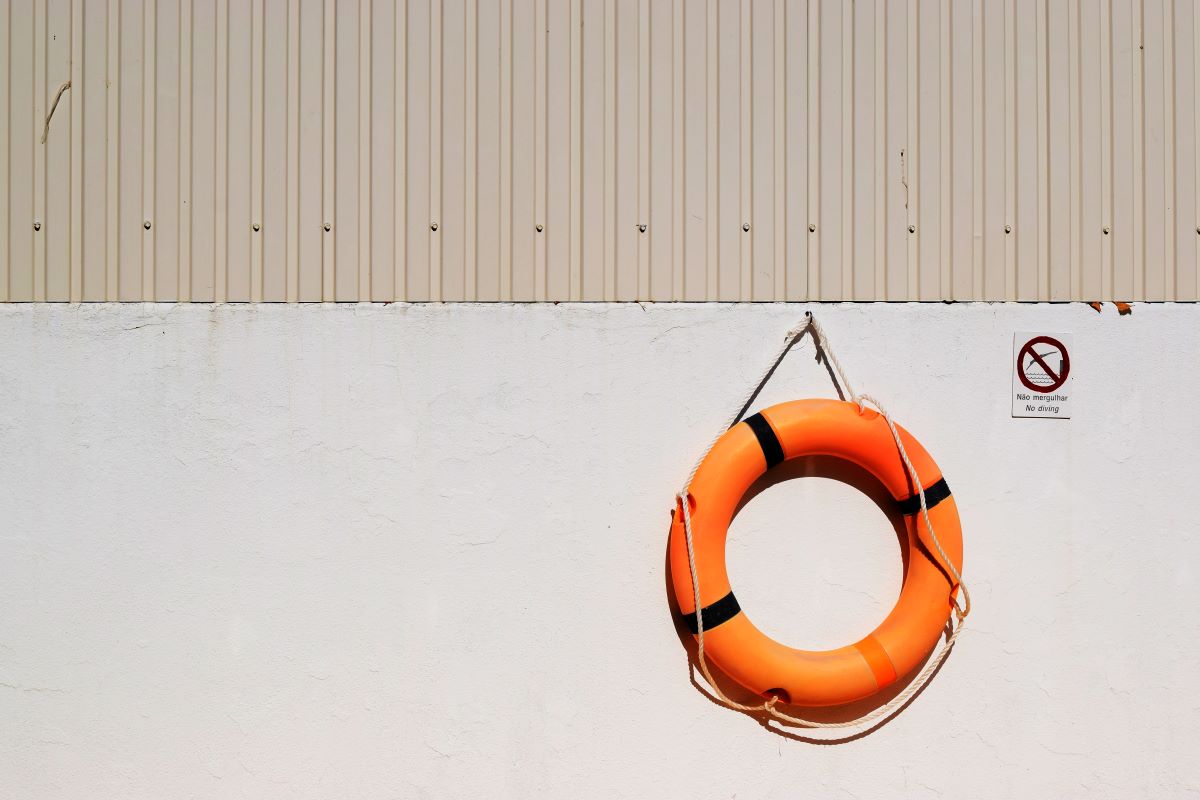
21 Mar Keeping cool with very difficult people
I once worked with a man named Charlie, who was senior to me and did not suffer from low self-esteem. Nevertheless, one day in desperation, he confessed that he had panic attacks whenever he met with a certain executive.
That seemed unlikely. After all, Charlie was a person who shrewdly navigated political conversations, impressing the most rational, aloof executive with ease.
Yet this peculiar person unsettled him at ever encounter, sending his pulse racing and leaving him tongue-tied. And their frequent meetings compounded his anxiety.
Something was off, he just didn’t know what.
After listening to him voice his frustration for a while, I replied with a grin, “You do know she’s crazy, right?”
Charlie mumbled something vague, still missing in his confusion what was obvious to those of us who endured this woman’s daily abuse. But he seemed sincere and was really struggling. So I took a direct approach.
This time, without the grin, I looked at him and said pointedly, “No, you misunderstand me. I mean this literally. She’s mentally ill.”
He looked at me with shock.
Charlie was not used to feeling insecure, flustered, or unsafe – probably ever. And this woman made him feel all those things.
Now there’s no shortage of data and glib social media articles trumpeting the benefits of feeling safe at work. People and teams who feel safe perform much better than those who don’t.
People perform better when they feel safe?
Hmmm… you don’t say.
Yet Charlie’s experience with this executive was a microcosm of what we deal with every day: complex individuals with difficult personalities and messy emotions.
It’s also why every third article in my LinkedIn feed promotes emotional intelligence. But let’s face it: organizations just aren’t very psychologically safe. And people who make our lives miserable at work aren’t reading articles with titles like this one: High-performing Teams Need Psychological Safety…
So let’s not be naïve.
Having said that, a shift in perspective can provide the leverage we need to feel safer.
And a few weeks after our conversation, Charlie told me with uncharacteristic humility that this new insight had completely changed how he felt when he met with this difficult woman.
Sure, their conversations still went in circles. She was unstable. But he could now see how she contradicted and manipulated everyone around her. He even admitted that without the panic attacks, it was fascinating.
And something even more miraculous happened.
With this new perspective, Charlie nimbly handled the circular conversations and helped steer the meetings. That made everyone feel better – and safer. And after the meetings, people began to plan with him directly, which made the work better.
To be clear, no self-aware leader would behave the way that executive did. But no self-respecting person needs to reason with a bully or wait for top-down change to gain perspective.
Safety might nurture high-performing teams.
But that’s not super inspiring when you’re the one panicking.
Here, small victories matter. So does a little humility. Charlie’s normal confidence almost caused him to miss the real source of his panic. Almost, but didn’t.
And his big success wasn’t moving the work forward. It was not having panic attacks in meetings with someone who intentionally provoked him. The impact of those panic-free meetings, however, was felt by everyone.
So I’ll be blunt: we’re in for a long and miserable wait if we leave our safety in someone else’s hands. Work is full of too many landmines.
Is this fair? No, it’s not fair. But the goal isn’t fairness. It isn’t even safety. It’s freedom.
Psychological freedom to be precise. And keeping your cool. Yes, at work.
carolyn solares
I help people keep their cool… at work.
Work with me at murphymerton.
Teams and Groups | One on One
Connect with me on LinkedIn
Photo by Matthew Waring on Unsplash
